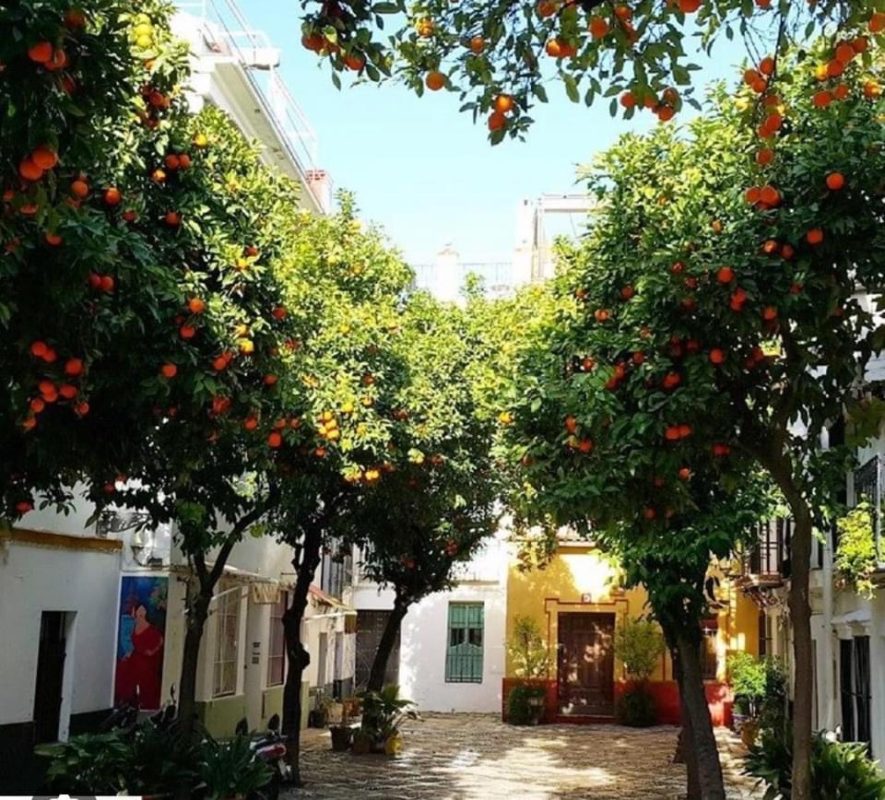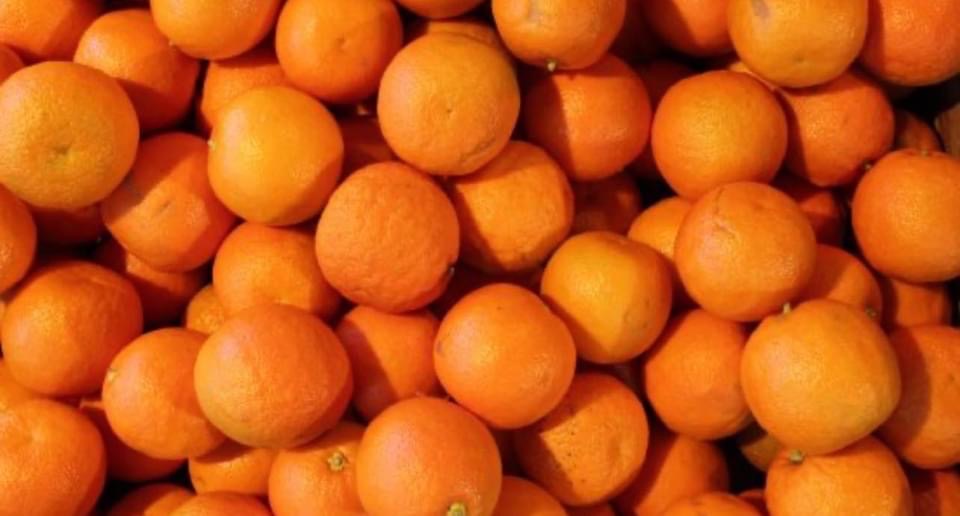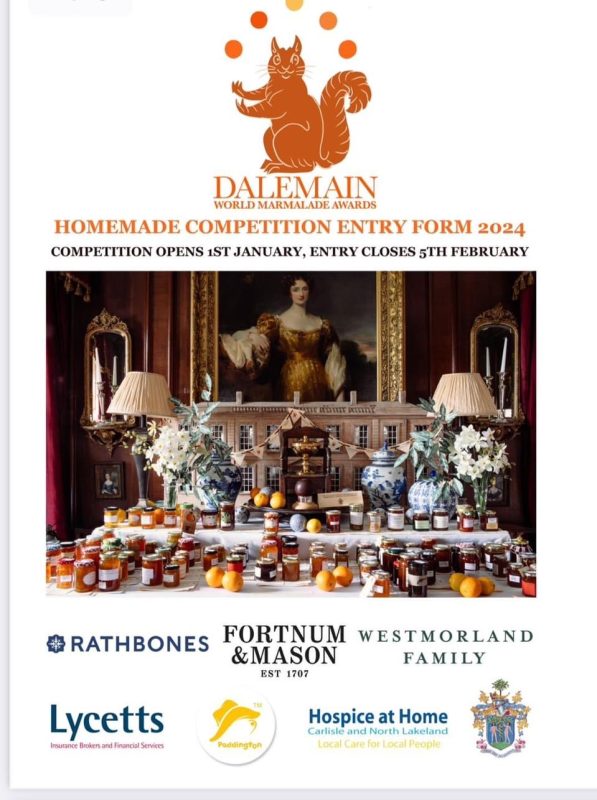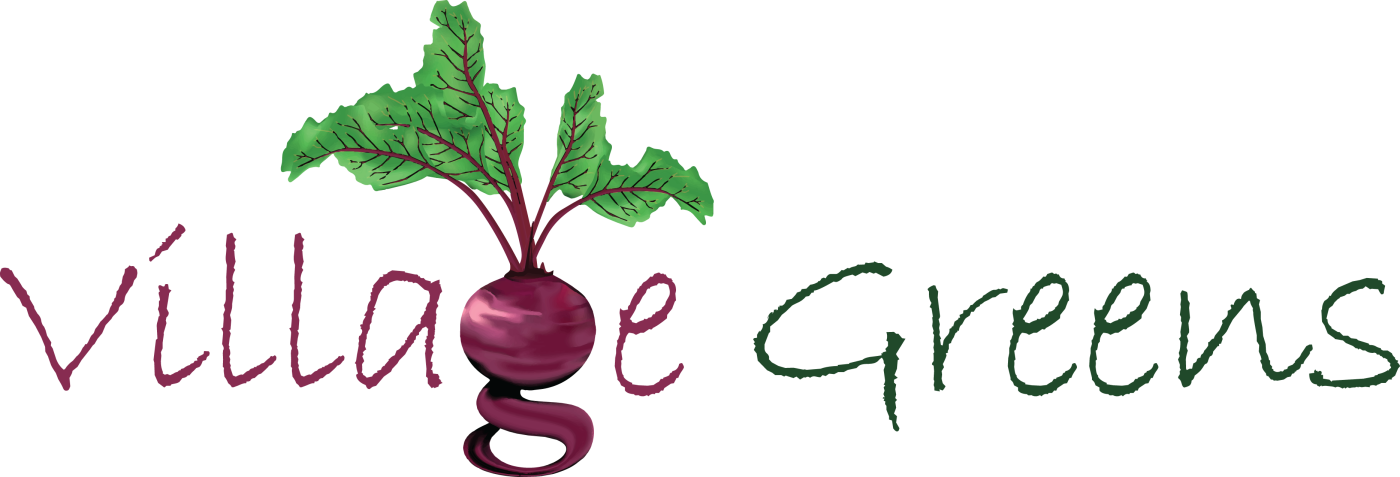Uncategorized
Marmalade Time
Our favourite part of January is the arrival of the Seville oranges which make the best Marmalade. We shall be busy making our own marmalade over the next few weeks. It is only a very short season so you need to grab them while they are around. Did you know you can freeze them whole for up to a year. So stock up whilst you can. We have put together a bag including recipe, oranges and lemons you will just need to add sugar and jam jars. Enough to make approx 5 jars £5.00
Seville oranges are a bitter variety that are a cross between a pomelo and a mandarin, Seville oranges earned their name from Seville, Spain, where they were introduced from Asia during the 12th century and became a symbol for the city. There are more than 14,000 bitter orange trees that line the streets of Seville.
This history of marmalade is quite interesting with a few versions where it actually originated from.
In one story, Mary, Queen of Scots, suffered from seasickness. Her doctor concocted a sugary orange mixture to make her feel better and marmalade was born.
In this story, the name marmalade came from Marie est malade, which translates into Mary’s illness. Try saying Marie est malade three times fast, and you can see how it sounds like marmalade. While this tale is pretty interesting, most historians consider it a myth.
In another story from the 1700s, a Spanish ship was damaged and had to go to land. The ship was carrying Seville oranges, and the captain sold them off to a merchant whose wife made them into a jelly-like preserve (marmalade). Unfortunately, most historians consider that a myth, too.
A more accurate (and less interesting) account is that the word ‘marmalade’ comes from a Portuguese word for quince, or marmelo. Originally, marmalade was made from quince, which is a fruit that looks like a pear. This variety of marmalade was expensive, so eventually someone decided to use oranges, which were cheaper compared to quince. Even though the quince was replaced, the name marmalade stuck.
Recipes for jams and jellies that are marmalade-like date back to the 1500s. There’s a recipe that is fairly close to today’s marmalade in a cookbook from 1677, so it’s safe to assume marmalade has been around for quite a while.
We have to say nothing beats homemade marmalade, if you haven’t tried it please have a go you will be a convert.
Fancy entering a marmalade completion Check out the British marmalade awards, this prestigious competition has entries from all over the world. www.dalemain.com/competition-entry




